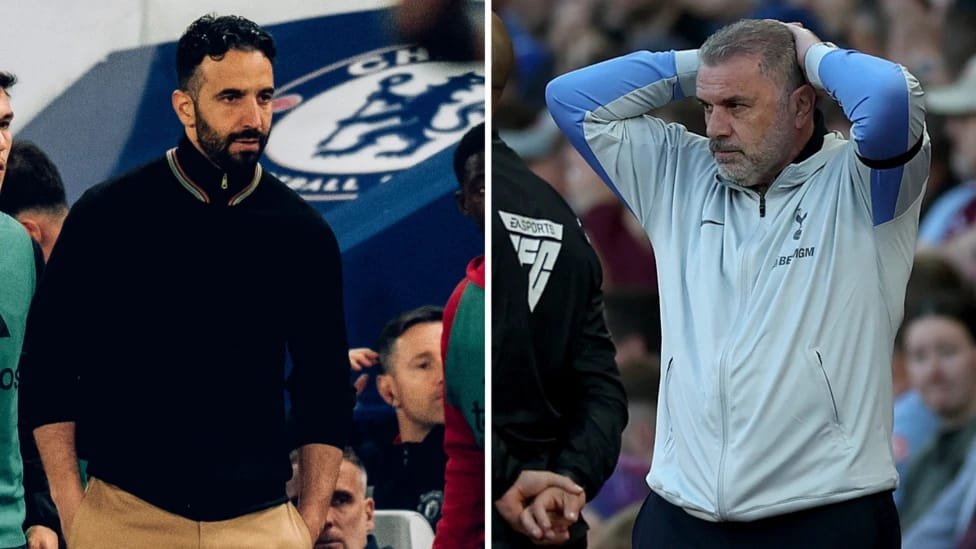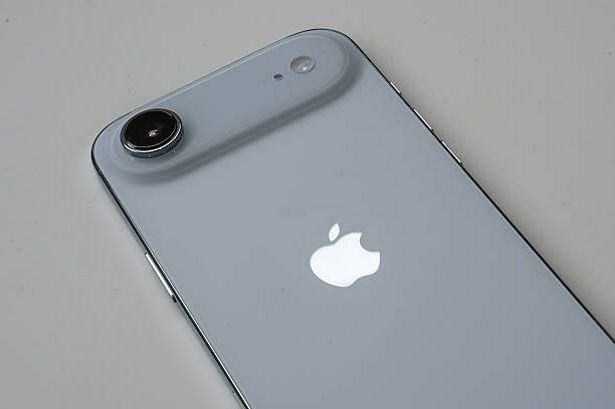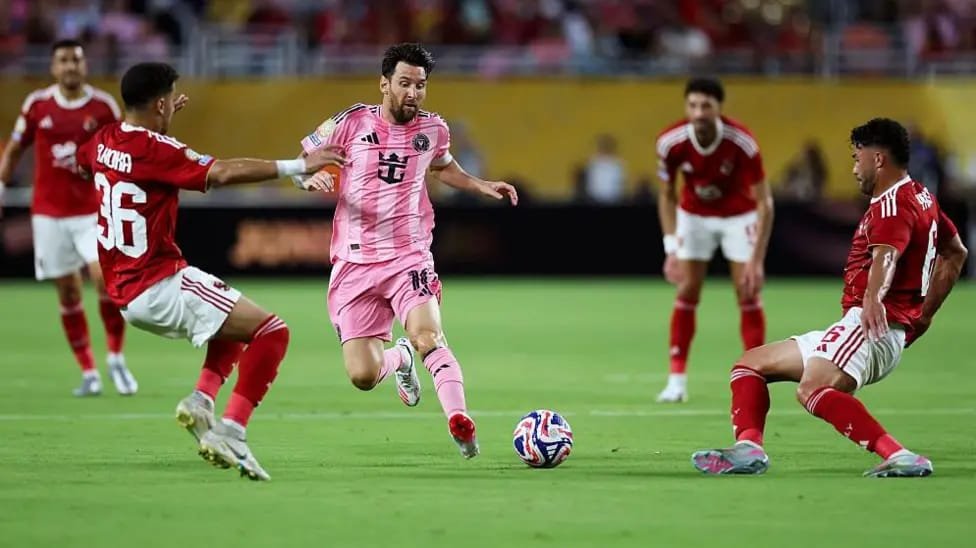
All eyes now turn to Bilbao, where Manchester United and Tottenham Hotspur will clash in the Europa League final on Wednesday, 21 May. Both clubs have endured disappointing domestic campaigns, making European silverware not just a trophy, but a lifeline—a chance to salvage pride, secure Champions League football, and rewrite the narrative of a challenging season.
Struggling Domestically
United’s 1-0 defeat to Chelsea and Spurs’ 2-0 loss to Aston Villa capped off miserable league runs. Tottenham have now lost 25 matches in all competitions, setting a club record, while United’s 18 Premier League defeats mark their worst return since the 1973–74 season, the last time the Red Devils were relegated.
Despite the statistics, both clubs arrive in Bilbao with momentum in Europe, having been unbeaten in their last five Europa League games, winning four each en route to the final.
“We have five days to rest and prepare,” said Manchester United manager Ruben Amorim. “When you have a final, we show up.”
Tottenham manager Ange Postecoglou adopted a different approach, rotating heavily against Aston Villa, signaling that the Europa League final is the primary focus. Key players like Brennan Johnson, Richarlison, Pedro Porro, and Vicario were rested.
Spurs Hold the Attacking Edge
Surprisingly, Tottenham have outperformed United offensively this season, scoring 63 league goals, 21 more than United. Only the traditional top-six sides have better tallies. Their domestic struggles, however, stem from defensive instability, having conceded 61 goals—the worst defensive record among top-six contenders. United have let in 54 goals, marginally better but still concerning.
Spurs will rely on the returning Son Heung-min. The 32-year-old forward impressed in the first half against Villa, providing speed, vision, and finishing capability.
“He’s getting back into rhythm. He’s ready,” Postecoglou confirmed.
United’s attacking woes continue. Against Chelsea, they managed just one shot on target, and striker Rasmus Højlund has scored only three goals in his last 15 matches. Club legend Roy Keane remarked:
“They’ve got no striker. Højlund looks like a boy from the academy—he’s not ready to lead the line.”
Injury Woes
Both clubs have battled injury crises all season. Tottenham have suffered 38 injuries, losing 1,414 player days—third-highest in the Premier League. United have endured 30 injuries, missing players for 1,229 days, the fifth-highest tally.
Spurs’ injury situation deepened against Villa when Pape Sarr limped off with a back issue, though Postecoglou insisted it was precautionary. Key absences include Dejan Kulusevski and James Maddison, both sidelined for the final.
United, by contrast, came through their clash with Chelsea relatively unscathed, and Amorim’s gamble to field a full-strength squad appears to have paid dividends in preparation for Bilbao.
Experience vs Opportunity
Form and fitness are crucial, but cup finals often hinge on mentality and experience. Manchester United boast pedigree: four major European trophies and a Europa League title as recently as 2017. Their experience in high-pressure finals could provide the edge in Bilbao.
Tottenham, meanwhile, see the final as a transformative opportunity—a chance to end a decades-long trophy drought and redefine the club’s modern identity. Victory would not only secure silverware but also validate Postecoglou’s tactical approach and strengthen his position amid criticism.
“This feels like a 50/50 game,” said ex-Spurs midfielder Jamie Redknapp. “If Ange wins a trophy, he becomes a hero. It might even save his job.”
Tactical Outlook
Manchester United will likely adopt a balanced approach, leveraging midfield stability through Bruno Fernandes and maintaining defensive compactness. Amorim may look to exploit Spurs’ defensive vulnerabilities with quick transitions and aerial threats, particularly targeting full-back spaces.
Tottenham, on the other hand, will play to their strengths in attack. Son Heung-min’s pace and creativity will be central, supported by Richarlison’s directness and Brennan Johnson’s movement. Postecoglou may press high, forcing United into mistakes and capitalizing on any gaps left by a defensive-minded Red Devils lineup.
Key Battles
Son vs Onana – Tottenham’s star forward will test United’s returning goalkeeper with pace and precision.
Midfield Control – Fernandes’ ability to dictate tempo could be decisive against Spurs’ energetic but inconsistent midfield.
Set-Pieces – Both sides have struggled at defending dead-ball situations; a single goal from a corner or free-kick may decide the match.
Wing Play – United’s full-backs need to contain Tottenham’s wide threats while providing overlapping support.
European Stakes
A Europa League title carries more than prestige. For both teams, the final is an entry ticket to the Champions League, with financial incentives exceeding £30–40 million including prize money, TV revenue, and potential sponsorship boosts. For Tottenham, winning the final could also attract high-profile signings during the summer, helping rebuild a squad lacking depth.
Prediction Factors
While statistics favour Spurs offensively, United’s experience and squad stability in high-pressure situations make this a tactically intriguing and evenly poised final. Fitness, mentality, and key moments are likely to dictate the outcome. Players like Fernandes and Son could make or break the game, while managerial decisions will be under intense scrutiny.
Fans and pundits alike are eagerly anticipating the drama, with Bilbao set to host what could be one of the most unpredictable Europa League finals in recent memory.
What’s Next
Expect an explosive, tense, and tactical battle, with both teams aware that failure in Bilbao could define their summer. Whether it’s Spurs ending a trophy drought or United reaffirming European dominance, Wednesday promises drama, quality football, and a fitting climax to an unusual season for England’s historic clubs.




